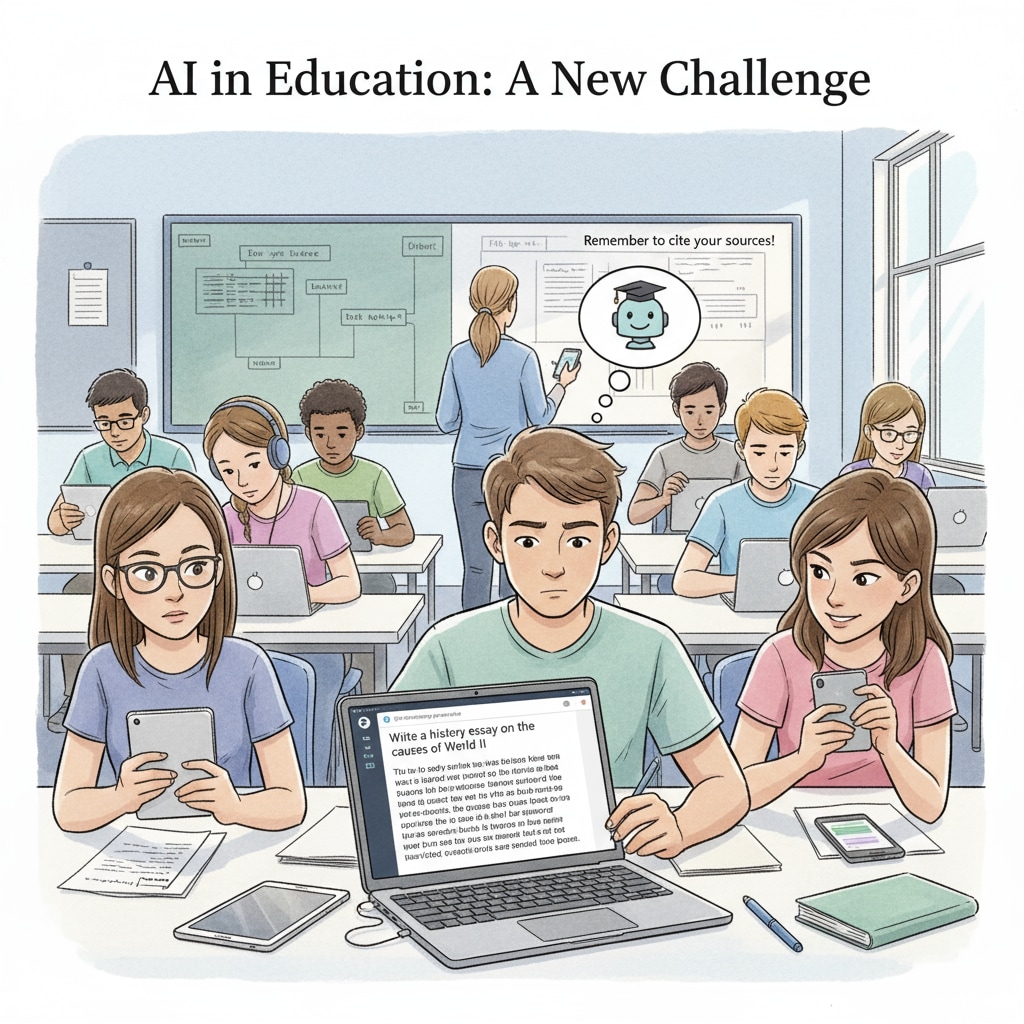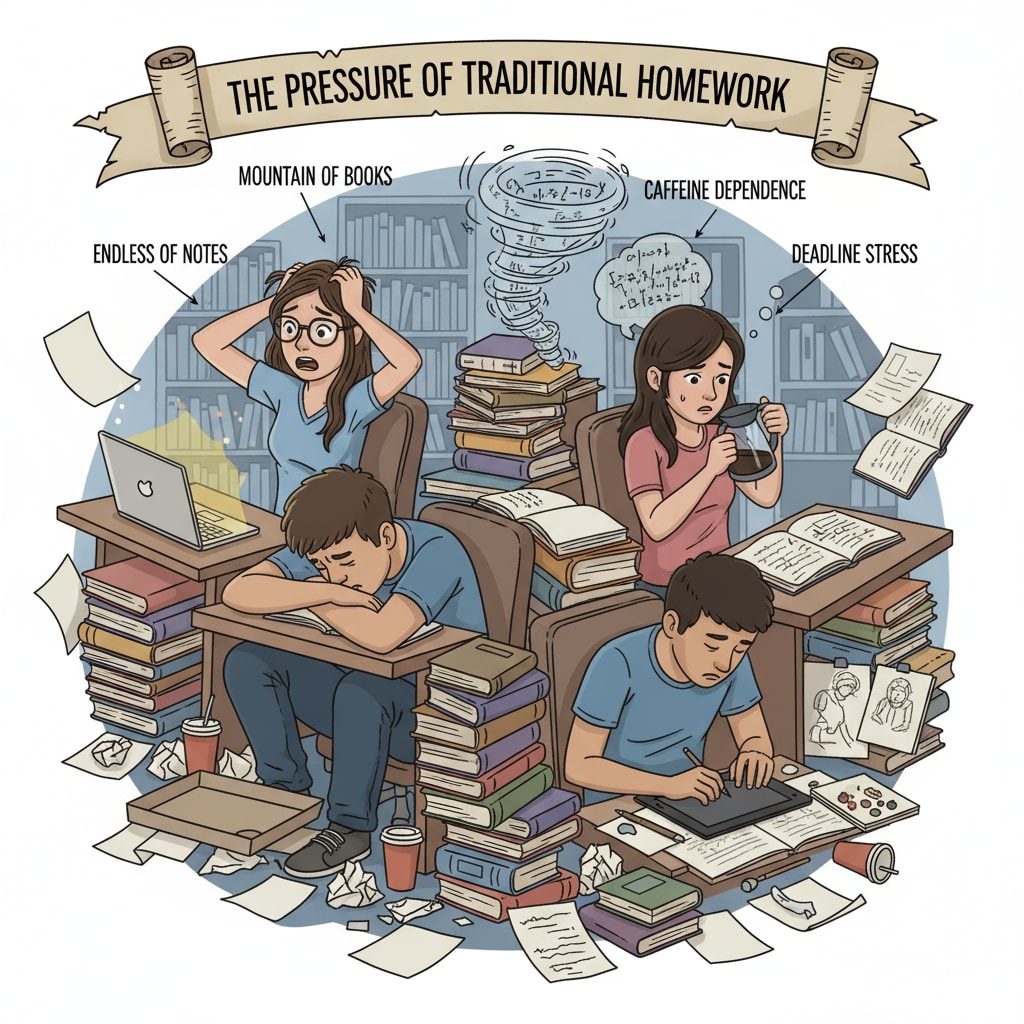The rise of tools like ChatGPT has brought a new dimension to student cheating, posing a significant threat to the traditional concept of homework. In this digital age, the once straightforward task of assigning and completing homework has become a complex web of ethical and educational challenges.

The New Face of Student Cheating
ChatGPT and similar AI tools have made it alarmingly easy for students to cheat. These advanced language models can generate essays, solve math problems, and provide answers to various questions in a matter of seconds. For example, a student struggling with a literature assignment can simply input the topic into ChatGPT and receive a well-written essay. This not only undermines the learning process but also devalues the educational system. As reported by Educause, instances of cheating using AI are on the rise, forcing educators to rethink their assessment methods.
The Questionable Necessity of Homework
Homework has long been considered an essential part of education, aiming to reinforce learning and develop study habits. However, in the AI era, its effectiveness is being questioned. With the ease of cheating, does homework still serve its intended purpose? Many educators believe that traditional homework often focuses on rote memorization rather than deep understanding. Moreover, it can cause excessive stress among students. As per National Education Association, the amount of homework assigned should be reevaluated to ensure it promotes learning rather than just busy work.

Another aspect to consider is the changing nature of education. In today’s world, skills like critical thinking, creativity, and problem-solving are more important than ever. Traditional homework may not be the most effective way to cultivate these skills. Instead, educators should explore alternative forms of assessment that encourage students to engage actively with the material and demonstrate their true understanding.
Readability guidance: By breaking down the discussion into smaller paragraphs and using lists where applicable, we can enhance readability. For example, when discussing the challenges of homework, we can list the issues such as cheating, stress, and ineffectiveness. This helps the reader easily grasp the key points. Also, using transition words like ‘however’ and ‘moreover’ allows for a smooth flow of ideas.


